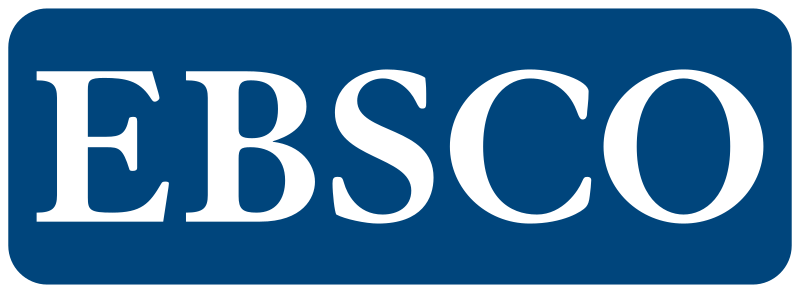Curricular theoretical model for the transformation of human talent in the complex university
Modelo teórico curricular para la transformación del talento humano en la universidad compleja
Main Article Content
This research aimed to construct a theoretical curricular model for the transformation of human talent in the complex university, under the approach of humanistic, systems and complex theories. The importance refers to the study of curricular difficulties that affect the transformation of human talent in the university field, specifically in the career of Administration, mention Industrial Relations, Alonso University of Ojeda in San Cristobal, Táchira state. It was based on the postpositivist paradigm; A field study of a descriptive, evaluative-explanatory nature, with a hermeneutical approach, adopting the ethnographic method, with the qualitative approach, complemented with quantitative techniques and instruments, developing the curriculum evaluation model of Stufflebeam and Shinkfield (1989). The subjects were conformed in the strata coordinator, teacher and student. The techniques were the in-depth interview and the questionnaire. There was a need to reinforce education as a planned activity; Internal weaknesses were identified in the transformative educational processes of man, understanding that it is a subject that must see, think and act to serve and transform the internal components of his own being and society, with commitment, ethical value, responsibility and relevance; This, in an institution with little projection in the environment. Recommendations were made and the construction of the curricular model was presented.
Downloads
Article Details
Álvarez, J. (1987). Dos perspectivas contrapuestas sobre el currículum y su desarrollo. Revista de Educación, (282), 131-151. Recuperado de https://www.mecd.gob.es/revista-de-educacion/numeros-revista-educacion/numeros-anteriores/1987/re282.html
Angulo, F. (1994). ¿A qué llamamos currículum? En J. Angulo y N. Blanco (Coords.), Teoría y desarrollo del currículum (pp. 17-30). Málaga, España: Aljibe. Recuperado de http://bscw.ual.es/pub/nj_bscw.cgi/d843867/11DID_Fernandez_Sierra_Unidad_3.pdf
Besseyre, Ch. (1990). Gestión Estratégica de los Recursos Humanos. Madrid, España: Deusto.
Boggino, N. y Rosenkrans, K. (2007). Investigación acción: reflexión crítica sobre la práctica educativa. Madrid, España: MAD SL.
Constitución de la República Bolivariana de Venezuela. (1999). Gaceta Oficial No. 36.860. Recuperado de http://www.mppp.gob.ve/wp-content/uploads/2014/01/LeyesOrganicas/GO-36860_constitucion.pdf
Dilthey, W. (1986). Introducción a las ciencias del espíritu. Ensayo de una fundamentación del estudio de la sociedad y de la historia. Madrid. España: Alianza Universidad.
García, C. (Noviembre de 2007). El compromiso social de las universidades. Conferencia Central en el IX Congreso Iberoamericano de Extensión Universitaria. Bogotá, Colombia.
Guba, E. (1978). Toward a Methodology of Naturalistic lnquiry in Educational Evaluation. Los Ángeles: UCLA.
Habermas, J. (1972). Knowledge and human interests. London: Heinemann. Recuperado de https://trove.nla.gov.au/work/8764217
Habermas, J. (1974). Theory and practice. London: Heinemann.
Habermas, J. (1987). Teoría de la acción comunicativa. Madrid: Altea, Taurus, Alfaguara, S.A.
Hamachek, D. (1987). Encounters with the self. New York: Rinehart & Wiston.
Hernández, J. (1992). El currículo oficial de la reforma: ¿Una posibilidad para el perfeccionamiento profesional y la calidad de la educación física? Perspectivas de la Actividad Física y el Deporte, 11 (6), 34-40.
Kemmis, S. (1988). El currículum: más allá de la teoría de la reproducción. Madrid, España: Ediciones Morata.
Pérez, R. (1985). Test. En De la Orden, A. (ed.). Diccionario de ciencias de la educación. Investigación educativa (pp. 57-62). Madrid, España: Anaya.
Riveros, L. (2005). Un nuevo modelo de universidad en la sociedad del conocimiento. Revista de Sociología, (19), 17-29. doi: 10.5354/0719-529X.2005.27810. Recuperado de https://revistadesociologia.uchile.cl/index.php/RDS/article/view/27810 DOI: https://doi.org/10.5354/0719-529X.2005.27810
Rogers, C. (1969). Freedom to learn. Columbus, Ohio: Charles E. Merrill Publishing Co.
Rubio, M. y Romero, L. (2006). Universidad técnica particular de Loja. Treinta años haciendo educación a distancia. RIED, 9(1 y 2), 127-164. Recuperado de https://www.biblioteca.org.ar/libros/142402.pdf
Terán, G. (2006). Hacia una educación de calidad. Quito, Ecuador: Soboc Grafic.










